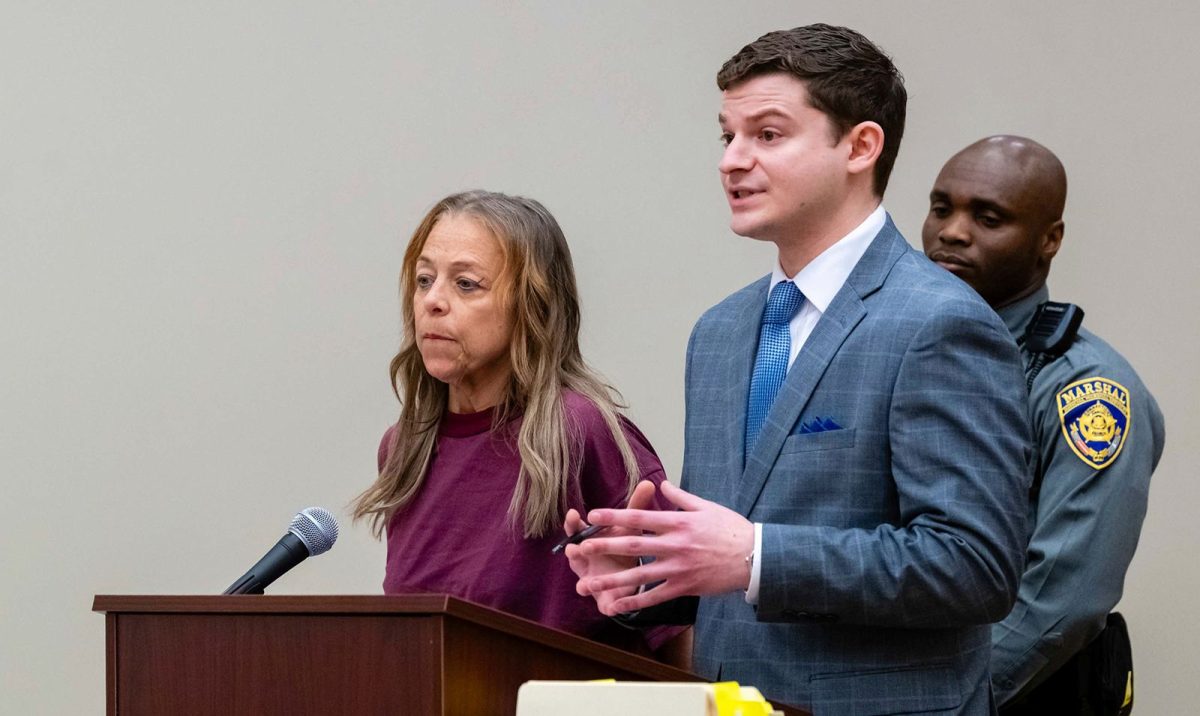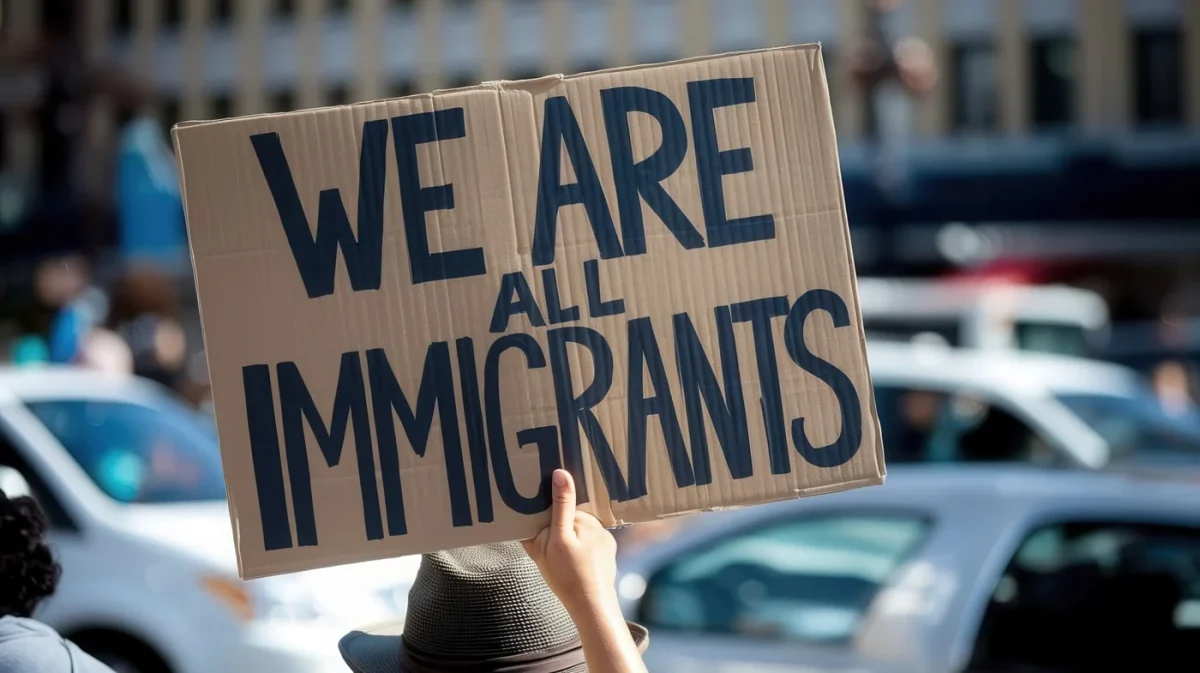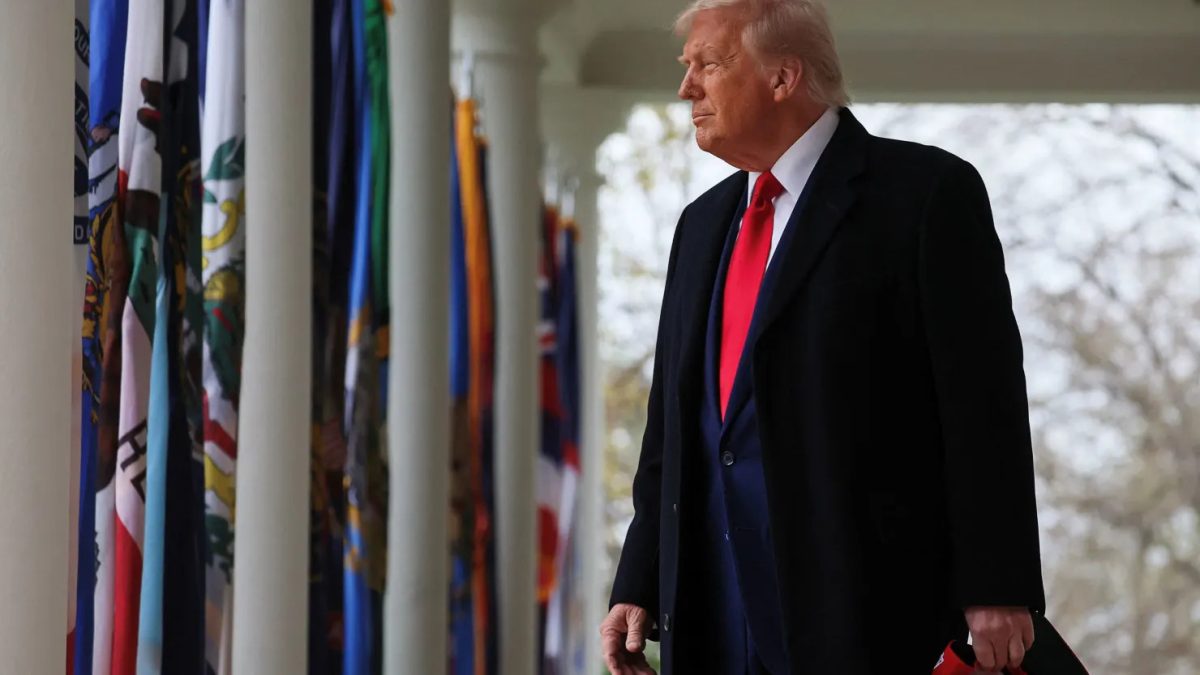President Donald Trump’s ongoing efforts to dismantle the U.S. Department of Education has sparked concerns from advocates, with critics warning that the move could significantly impact resources for students with disabilities.
Trump, who has long criticized federal education policies, announced plans earlier this week to reduce the board’s role in overseeing public education, arguing for more local control and less federal involvement. The proposal includes cutting key programs that provide funding and support for special education services, including a long-standing initiative aimed at improving access to educational resources for disabled students.
“Federal intervention in local education has long been ineffective, and it’s time for schools to be more autonomous.” Trump said during a rally in Michigan. “Local communities should have the power to decide what’s best for their children, not Washington bureaucrats.”
But advocates for disabled students argue that this move will harm the most vulnerable members of the education system.
“The Board of Education plays a critical role in ensuring that students with disabilities receive the services and accommodations they are entitled to under federal law,” said Maria Peterson, a disability rights advocate. “Without that oversight, schools may be less equipped or less motivated to provide the necessary resources for these students, who already face significant barriers to learning.”
The Individuals with Disabilities Education Act (IDEA), passed in 1975, requires public schools to provide a free and appropriate education to students with disabilities. The Education Department’s role in enforcing this law has helped ensure that schools comply with regulations, providing funding for resources such as special education teachers, aides, and tailored learning materials.
However, Trump’s proposed cuts to the Department of Education’s budget would eliminate several critical programs, including financial support for the IDEA services. As a result, critics argue, schools in underfunded districts could face even greater challenges in meeting the needs of disabled students.
In response, the National Disability Rights Network (NDRN) has launched a campaign to call attention to the potential consequences of these cuts. “This is a direct attack on the rights of students with disabilities,” said NDRN Executive Director John Parham. “Dismantling the Department of Education will leave many of the nation’s most vulnerable students with fewer resources and less opportunity.”
While Trump’s proposal has gained support from some conservative groups who argue for less government control over education, the controversy over its potential impact on disabled students has prompted backlash from parents, educators, and advocacy organizations alike.
“This isn’t just about bureaucracy,” said Helen Farris, a mother of a disabled child in California. “It’s about making sure my child gets the same opportunities to succeed as any other student. The government needs to be involved to make that happen.”
As debate continues over the future of the Department of Education, those who work closely with disabled students are bracing for potential challenges, hoping that Congress will step in to protect critical services.









































